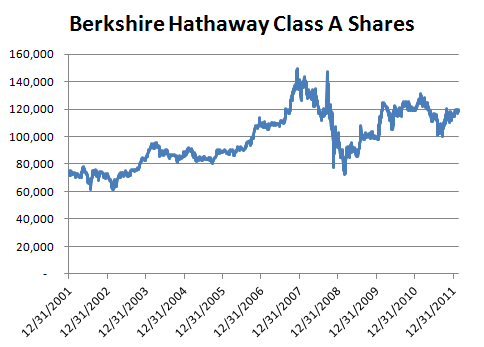Lets suppose that you pay 22% in Fed tax, 5% State tax, & 7.35% payroll tax and have a mortgage of $348,792. You did not put 20% down so you pay mortgage protection insurance. The principle, interest, & mortgage insurance is $1883.43 per month. Property tax & homeowners insurance are not included. In order to pay $1883.43 you would need to earn $34,450 income. If you invested your $348,792 at 11% you would gross $38367.12 per year. Fed & State taxes on the investment would be $10,359. Your 350k investment would also be diminished by the rate of inflation.
It seems that paying off the 3% mortgage would equate to not having to earn $34,450 per year. The investment that you want to use to pay your mortgage would net $28008.
Is it wiser to pay off the mortgage or invest the cash?
Site Information
About Us
- RonPaulForums.com is an independent grassroots outfit not officially connected to Ron Paul but dedicated to his mission. For more information see our Mission Statement.





 Reply With Quote
Reply With Quote





Connect With Us